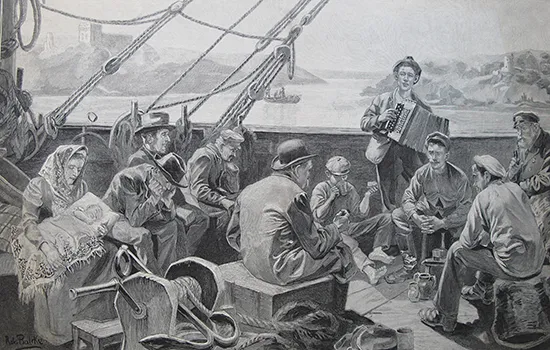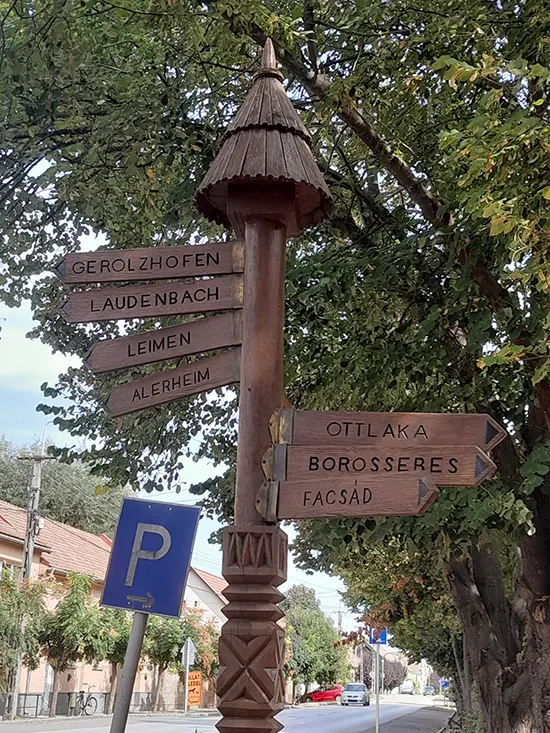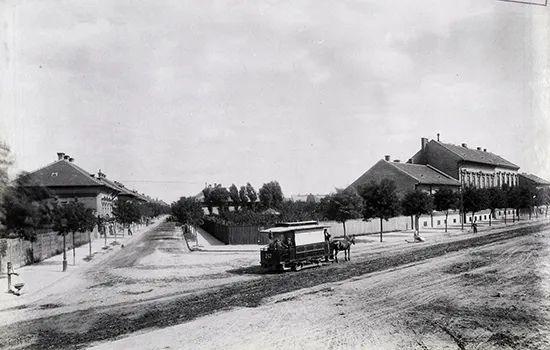The research area focuses on the migration relations of two major European regions, the German and the Hungarian, from the 17th century to the First World War, examining religiously and economically motivated migration movements as well as the mobility of labour or students. A special chapter of this extremely rich history of migration and relationships and thus of the research area is the settlement migration of the ‘Danube Swabians’.
As mobility and migration permeate almost all areas of life, historical migration research fundamentally requires interdisciplinary and transdisciplinary research approaches.



